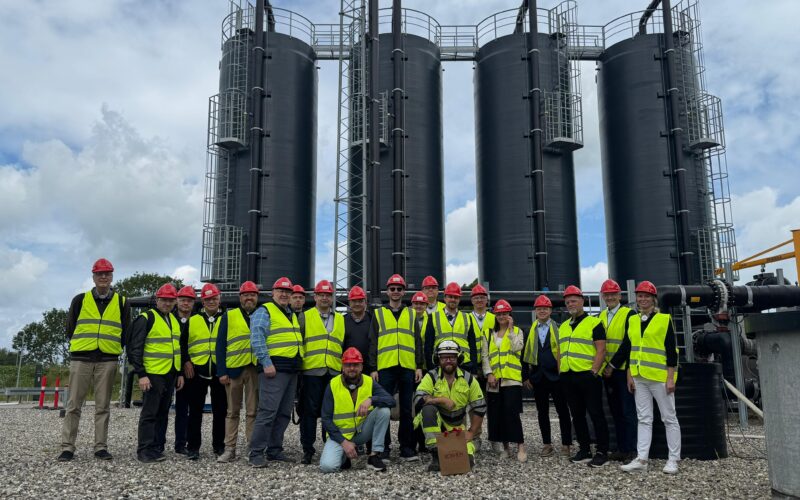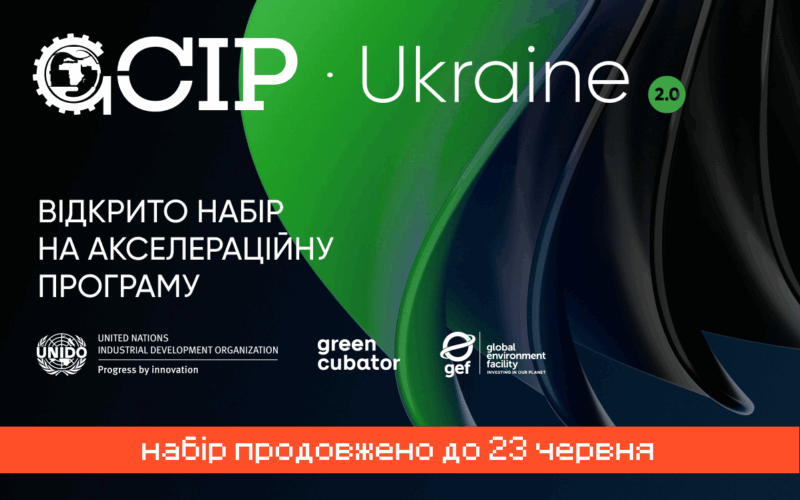Spanish dairy farm Torre Santamaria is a biomethane energy market player
German biogas specialist Welltech has built a biomethane power plant for Spanish cattle farm Torre Santamaria, which already covers its own energy demands from a biogas plant.
A progressive enterprise
The Catalan farm’s first 250kW biogas plant went live in 2011, making it the first milk producer in Spain to use residual materials for the production of energy at the time.
The existing cogeneration plant works in parallel with the production of biomethane. Thus, the farm continues to meet its own needs for electricity, heat, and hot water.

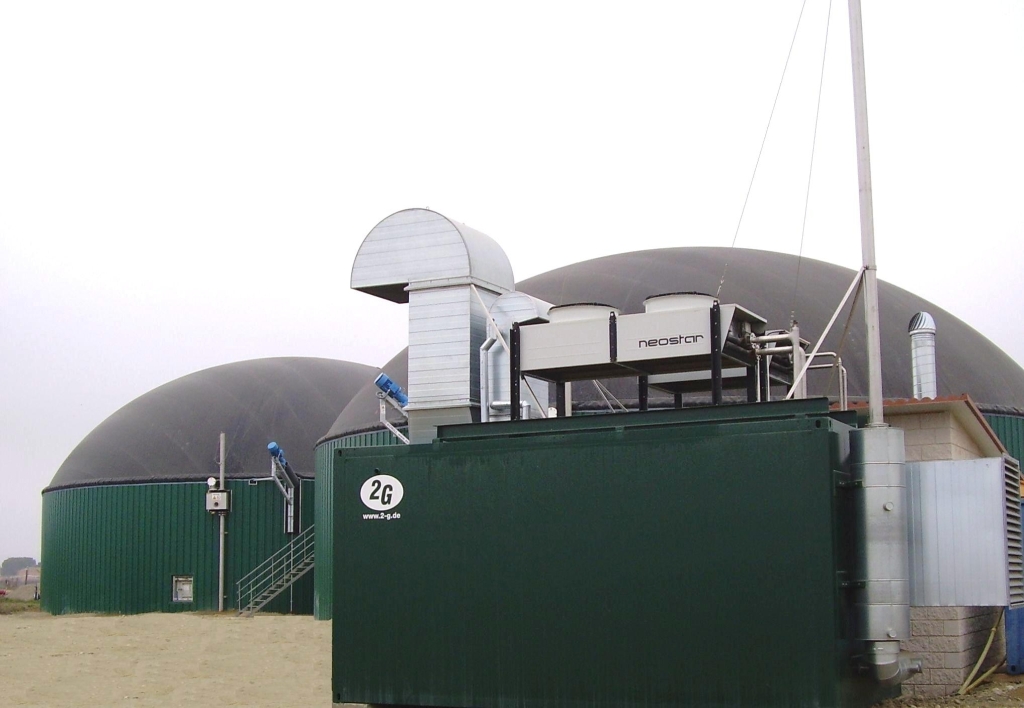
According to the company, this AD (anaerobic digestion) plant is an environmental investment as it allows to cut our own greenhouse emissions to almost zero and generate additional income from biomethane.
The farm keeps 2,300 dairy cows and 2,100 calves in the operating area of 14.2 hectares. In addition, Torre Santamaria was the first farm in the area to produce easily digestible A2 milk. It was also the first dairy cattle milk farm to be certified by the Lactalis Group in recognition of its animal welfare efforts.
Biomethane sales
Biomethane sales have already been contractually secured – the green gas will be marketed as climate-friendly fuel via an energy service provider.
Investments
The total cost of the project is 16 million euros. A quarter of the € 4 million investment was spent on modernizing the existing infrastructure and biogas plant.
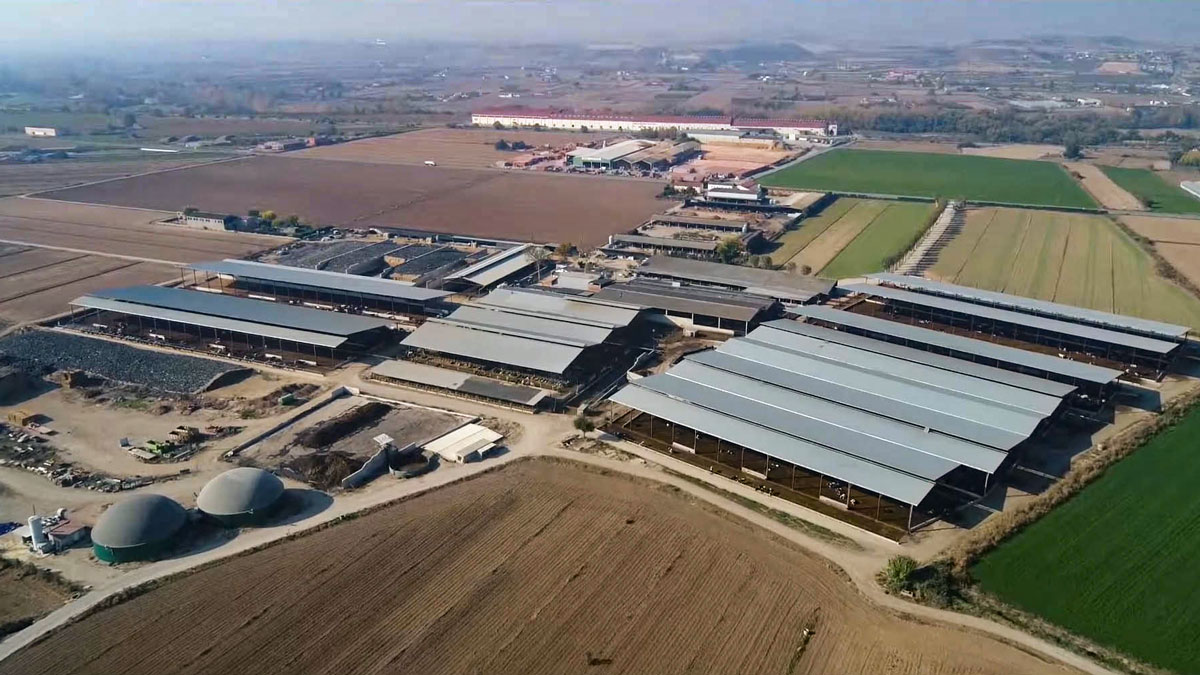
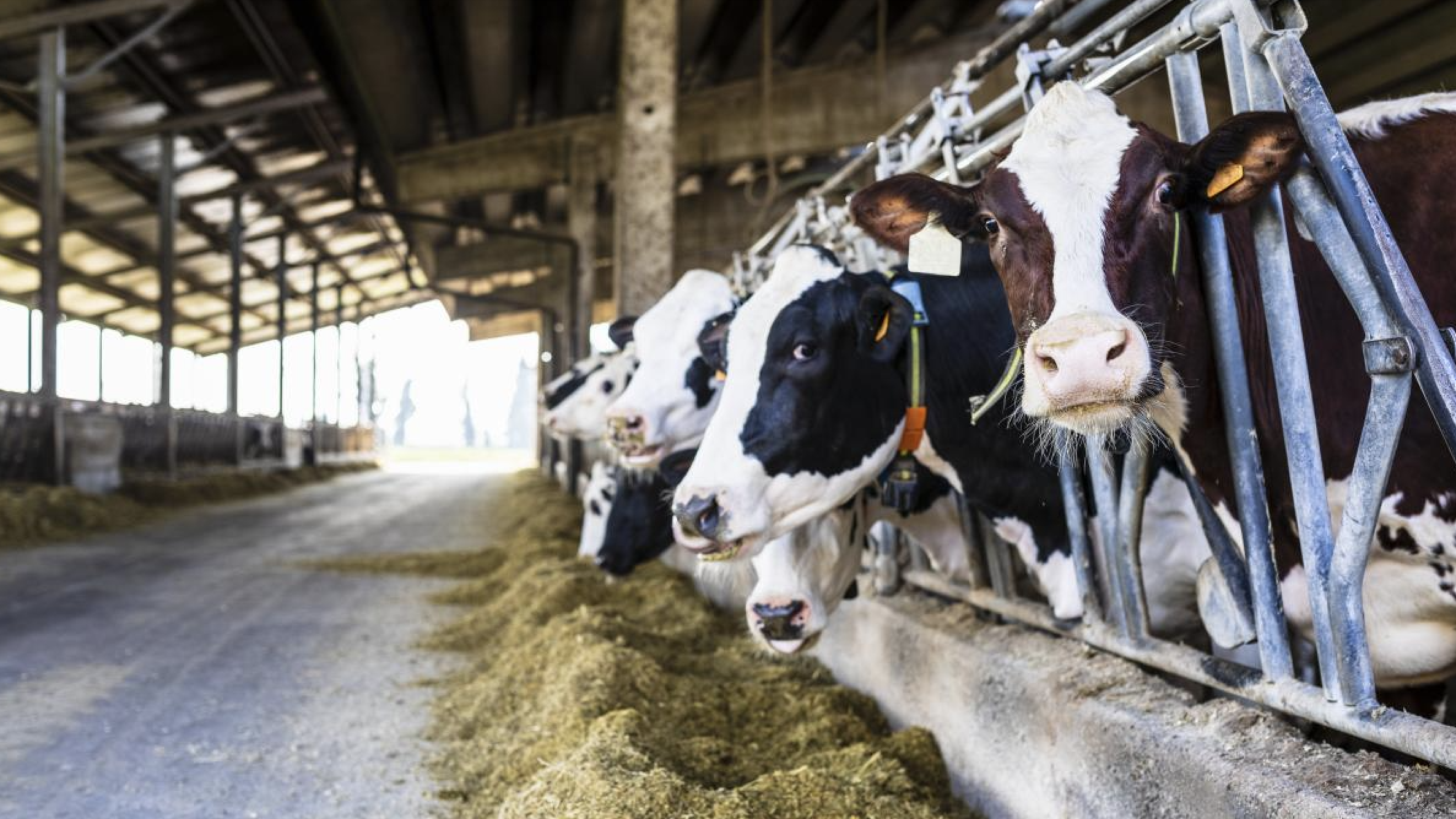
Process
Every year the cows produce around 60,000 tons of input substances for use in biogas production. Cattle manure accounts for about 90% of the substrate. Bedding consisting of ground straw, as well as silage leftovers, are also fed into the digester.
Weltec set up two additional stainless-steel digesters for the digestion of all residues on the farm. Each of the digesters is 6.3 meters high, with a diameter of 26.87m, and a capacity of 3,573 cubic meters. After processing the biogas generated in the digesters Torre Santamaria feeds 300 standard m3/h of biomethane into the natural gas grid.
An important effect
In addition, the plant operation will help the Catalan area address security of food and energy supply by supplying the green gas market and producing local milk.
Source: ESI Africa

